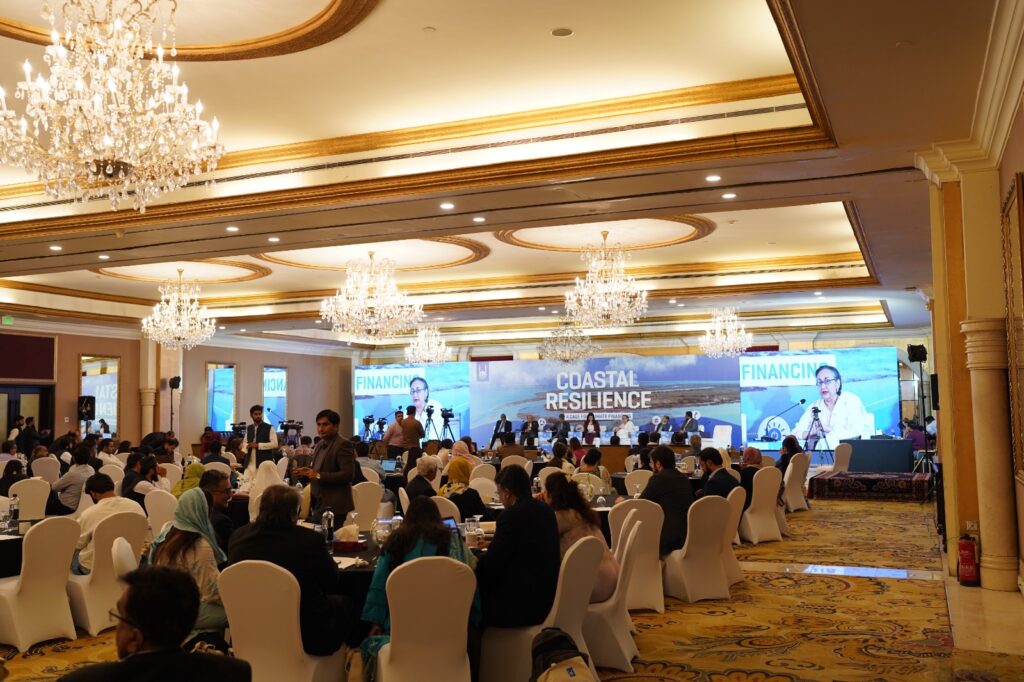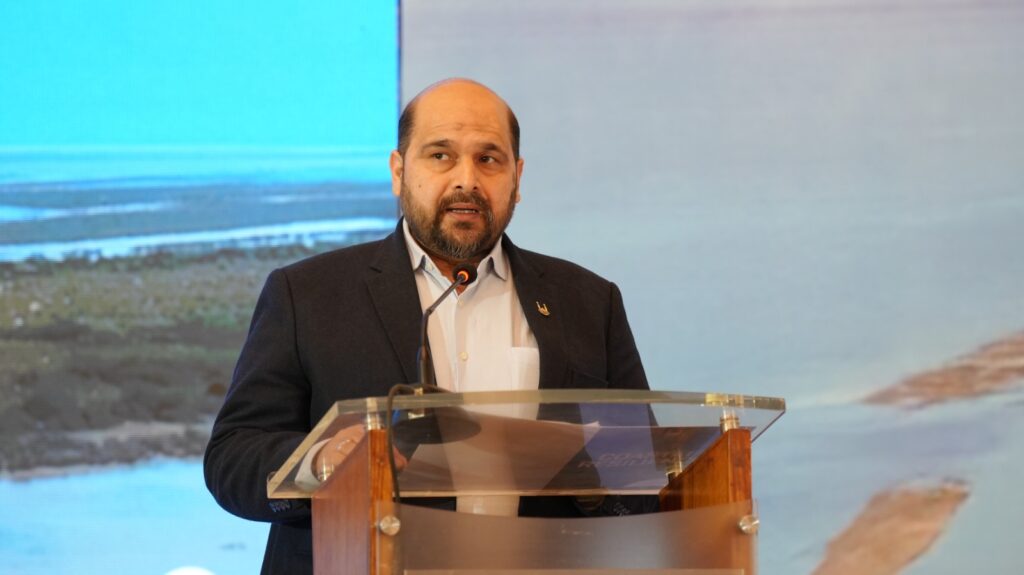Coastal Resilience: A Case for Climate Financing
Coastal ecosystems are under severe strain from the impacts of climate change. Rising temperatures, sea level rise, and extreme weather events have led to large dead zones where marine life cannot survive. Nutrient runoff exacerbates the problem, causing low oxygen levels in the water and resulting in die-offs of fish, shellfish, corals, and aquatic plants. Unfortunately, these zones are expected to grow in both number and size as ocean temperatures increase and heavier rains wash more nutrient-laden runoff into coastal waters.
In addition, rising sea levels and more extreme weather can increase the extent to which storm surge and high tides can cause saltwater to infiltrate low-lying areas and groundwater, which harms agriculture or drinking water supplies.
Islamic Relief has been an active responder to the needs of people facing the results of climate change especially coastal communities in Sindh by partnering up with government and international institutions. An event ‘Coastal Resilience: A Case for Climate Financing’ was held to initiate a dialogue on the importance of climate financing for vulnerable coastal communities and how stakeholders can advocate for global support.
Country Director Islamic Relief, Asif Sherazi shed light on the immediate need for climate financing in Pakistan. He said that
“It would take half a century for Pakistan to tackle the impacts of climate if not acted upon soon, climate financing should become a priority, and this is a defining moment for us to come together and tackle these challenges”.
Islamic Relief has been playing an active role in helping communities in Pakistan to tackle Climate change through proper steps taken over the years that has helped families living in coastal areas of Sindh cope to new ways by providing livelihood opportunities, agriculture trainings, climate sensitive farming techniques and cash grants. Islamic Relief will keep on providing necessary support to all those who are facing these severe effects of climate change.
We urge the international community to come forward in this time of need and work together to help countries like Pakistan tackle the effects of climate change.

